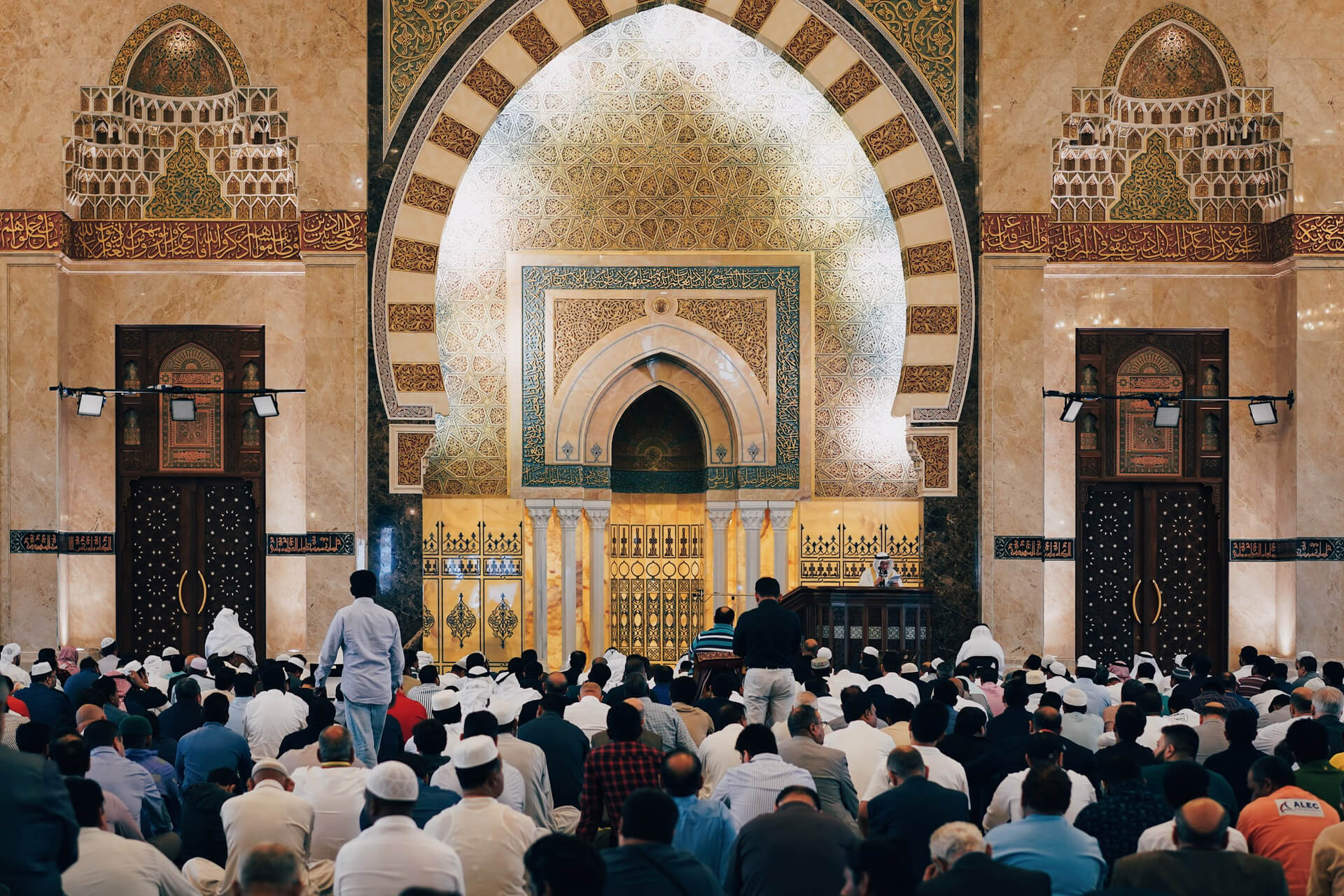What is Ramadan? Why is it the Most Sacred Month in the Islamic Culture?

Ramadan is the holiest month of the year for Muslims. In the Islamic culture, this is a time for spiritual growth and reflection, spending time with loved ones, and helping those in need.
In essence, Ramadan is when Muslims everywhere in the world fast in the daylight hours. Read on to know more about what is the month of Ramadan in Islam and its importance.
What is Ramadan?
Ramadan is the ninth month of the Islamic lunar calendar, which is referred to as the Hijrah Calendar. It is believed that Allah set this lunar calendar when the Earth was created.
Muslims observe this sacred month to remember when Allah sent the angel Jibreel to Prophet Muhammad PBUH to reveal Quran, in 610 AD. This revelation happened on a night called Laylat Al Qadar or also known as the Night of Power.
To commemorate the revelation of the Quran, it’s compulsory to fast during this month to build a stronger relationship with Allah. This is a time when Muslims should be selfless and purposeful. It’s also advised to refrain from gossiping and lying.
During this holiest month, Muslims wake up before dawn to have a meal known as Suhoor, and they break the fast with a meal at sunset called Iftar. Masjids host big Iftar gatherings, particularly for needy people. The special nightly prayers referred to as Tarawih are also held at Masjids after having Iftar. It is a special time for coming together as a community and sharing the blessings of the month together.
Each culture comes with its own traditions in Ramadan, whether it is eating with the extended family, or cooking a special dish. Islamic values, like generosity, inspire these traditions, as Muslims believe that the reward of eating with more people is greater than eating alone.
The Eid Ul Fitr marks the end of the month when Muslims celebrate a victorious Ramadan spent in worship and fasting.
But why do Muslims fast in Ramadan? Ramadan is actually one of the 5 pillars of Islam.
There are many verses in the Quran in which Allah instructs Muslims to fast. Fasting is made obligatory for the Muslims who are healthy and mature to do so for a complete day.
As for the Muslims who suffer from chronic illnesses, they are excluded from this command. There are more valid exemptions for not fasting – the Muslims who are constrained by very old age, travel, nursing, and pregnancy.
These categories of Muslims can pay Fidyah, aka a redemption fee, rather than fasting. Fasting is also a great way to break wrong habits and master the skill of patience.
When Does Ramadan Occur?
Ramadan is the 9th month of the Islamic lunar calendar. The start and end of Ramadan are different each year as it depends on the moon cycles. However, the arrival of this month can be estimated.
Ramadan initiates by viewing the new crescent moon observed by religious leaders. The Islamic holy month of Ramadan lasts between 29 to 30 days.
What is the Purpose of Ramadan?
Muslims everywhere strive to elevate spiritually and be closer to Allah. This is achieved by fasting and avoiding worldly pleasures between sunrise and sunset, daily.
This month of Ramadan is also spent by reciting the Holy Quran, praying, and doing maximum good deeds. Muslims spend quality time with loved ones, donate to charity, spiritually cleanse themselves, and don’t engage in fighting.
Healthy, adult Muslims have a religious obligation to fast, abstain from all immoral acts, not get angry, and not eat or drink anything during fasting. This month requires Muslims to remain spiritual and pious.
Hence, the intention of fasting isn’t thirst, hunger, or sensual deprivation. Instead, Ramadan seems to replenish the moral agency of Muslims. Allah’s mercy is so strong in this month that the reward for each good deed is multiplied by 70.
The last 10 days and particularly nights hold even higher importance as they are brimming with blessings. Laylat Al Qadar falls on one of the odd nights in the last 10 days. This is why Muslims aim to gain the perks of Ramadan and seek forgiveness before it ends.
Increasing Quran Recitation and Prayer
Reciting the Holy Quran, sincerely asking for forgiveness, offering optional prayers (nafl), and sending salawaat (blessings upon the Prophet Muhammad PBUH) are some examples of worship that offer great reward.
Our Prophet Muhammad PBUH would stand almost all night in prayer to seek forgiveness in the last 10 days. He said: “Whoever prays on Laylat Al Qadar out of faith and sincerity, shall have all their past sins forgiven” (Bukhari and Muslim).
This is how significant Ramadan is for Muslims. The Quran explains the real virtue of fasting – to be God-fearing. It’s impossible for a Muslim to attain religious success if he doesn’t fear God. Let’s pray for all of our Muslim brothers and sisters to be pious.


